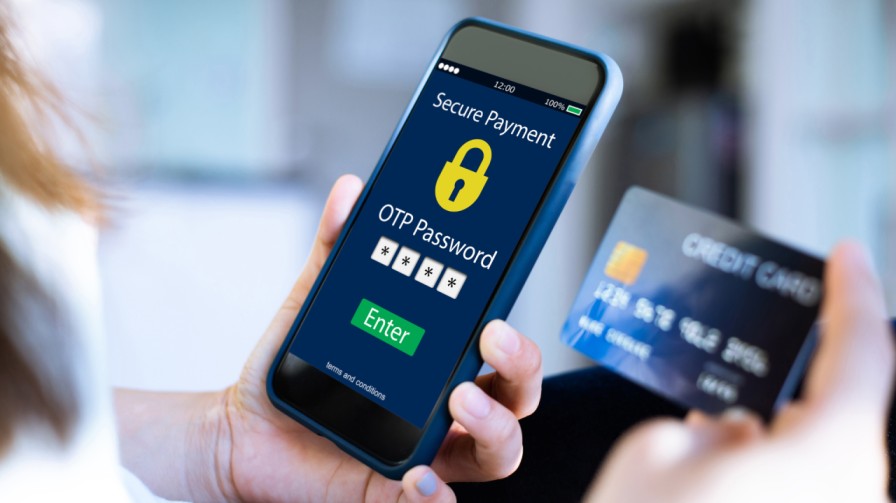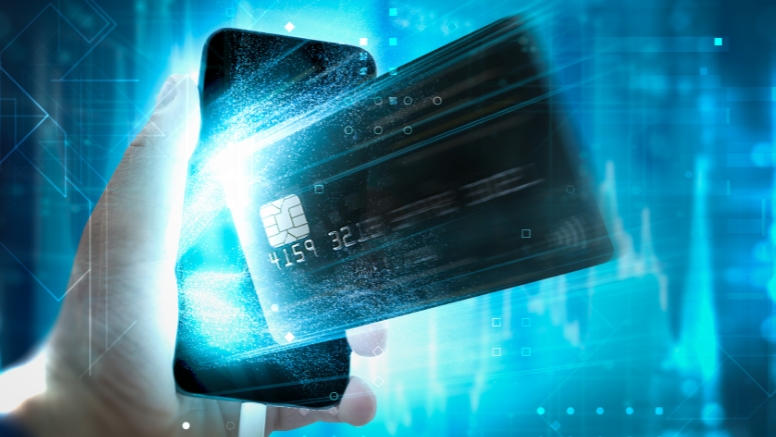
In an era
where data is considered the new currency, the importance of safeguarding
personal information cannot be overstated. As we observe Data Privacy Day, it's
crucial to delve into what data privacy entails, explore key global
regulations, and outline best practices for end users to protect their
sensitive information.
What is
Data Privacy?
Data
privacy is the concept of protecting an individual's personal and sensitive
information from unauthorized access, use, or disclosure. This includes any
data that can be used to identify an individual, such as names, addresses,
financial details, and even digital footprints. The specific data covered under
data privacy can vary based on laws and regulations in different regions, but
generally includes:
- Personal Identifiable Information (PII): Names, addresses, phone numbers, email addresses.
- Financial Information: Credit card numbers, bank account details, financial transactions.
- Health Information: Medical records, prescription details, health insurance information.
- Biometric Data: Fingerprints, retina scans, facial recognition data.
- Location Data: GPS coordinates, tracking information, geolocation data.
- Online Identifiers: IP addresses, usernames, device IDs.
- Employment Information: Work history, salary details, employee identification numbers.
- Web Browsing History: Cookies, search history, online activity logs.
- Social Media Data: Profiles, posts, interactions.
- Communication Data: Emails, messages, call logs.
- Children's Information: Data related to individuals under a certain age.
- Sensitive Personal Information: Ethnicity, religious beliefs, sexual orientation.
- Consent Records: Information related to obtaining and managing consent for data processing.
- Preferences and Behaviour Data: Shopping preferences, user behaviour on websites and applications.
- Metadata: Information about other data, such as creation dates or modifications.
Data
privacy laws, such as the General Data Protection Regulation (GDPR) in Europe
or the Health Insurance Portability and Accountability Act (HIPAA) in the
United States, often provide guidelines on how organizations should handle and
protect these types of data. Compliance with these laws is essential to
safeguard individuals' privacy rights.
Key aspects
of data privacy include:
- Confidentiality: Ensuring that personal information is kept confidential and is not disclosed to unauthorized individuals or entities.
- Integrity: Ensuring the accuracy and reliability of personal data by preventing unauthorized alteration or tampering.
- Security: Implementing measures to protect personal information from unauthorized access, data breaches, and cyber threats.
- Transparency: Providing clear and understandable information to individuals about how their data is collected, used, and shared.
- Consent: Obtaining explicit and informed consent from individuals before collecting or processing their personal data.
- Purpose Limitation: Collecting and using personal data only for specified, legitimate purposes and not using it in ways that are incompatible with those purposes.
- Data Minimization: Collecting only the minimum amount of personal data necessary for the intended purpose.
- Accountability: Taking responsibility for the protection of personal data and being able to demonstrate compliance with relevant data privacy laws and regulations.
As
technology advances and data becomes more pervasive, various laws and
regulations have been enacted globally to establish guidelines for
organizations on how to handle and protect personal information. Organizations
are required to adhere to these regulations and implement measures to safeguard
individuals' privacy rights.
Key Global
Regulations:
Several
regulations across the globe aim to safeguard the privacy of individuals and
hold organizations accountable for the handling of personal data. Here are some
of the key regulations:
- General Data Protection Regulation (GDPR): Enforced by the European Union, GDPR sets stringent guidelines for the collection and processing of personal data. It grants individuals greater control over their information and imposes severe penalties for non-compliance.
- California Consumer Privacy Act (CCPA): Focused on California residents, CCPA empowers consumers to know what personal information is collected and gives them the right to opt out of the sale of their data.
- Personal Information Protection and Electronic Documents Act (PIPEDA): In Canada, PIPEDA governs how private-sector organizations handle personal information during commercial activities.
- Health Insurance Portability and Accountability Act (HIPAA): In the United States, HIPAA regulates the protection of health information and ensures its confidentiality and integrity within the healthcare industry.
- Personal Data Protection Act (PDPA): Singapore's PDPA provides a comprehensive framework for the proper collection, use, and disclosure of personal data by organizations.
- Privacy Act: In Australia, the Privacy Act establishes rules for handling personal information by federal government agencies and private sector organizations.
Best
Practices for End Users:
To fortify
data privacy, end users play a pivotal role in adopting best practices. Here
are six essential guidelines for individuals to protect their personal
information:
- Strong Passwords and Authentication: Encourage the use of strong, unique passwords and two-factor authentication to add an extra layer of security to online accounts.
- Regular Software Updates: Ensure that all devices and applications are regularly updated to patch vulnerabilities and protect against potential security breaches.
- Be Mindful of Phishing Attacks: Educate users about recognizing and avoiding phishing emails, messages, and websites that aim to trick them into divulging sensitive information.
- Review Privacy Settings: Regularly review and adjust privacy settings on social media platforms and other online services to control the amount of personal information shared.
- Limit Data Sharing: Encourage users to be cautious about sharing personal information, especially on public forums and websites. Only provide necessary details when required.
- Secure Wi-Fi Connections: Use secure and encrypted Wi-Fi connections, avoid public networks for sensitive transactions, and consider using virtual private networks (VPNs) for additional protection.
Data Privacy Day serves as a reminder for
individuals and organizations alike to prioritize the protection of personal
information. By understanding the essence of data privacy, adhering to global
regulations, and implementing best practices, end users can contribute
significantly to creating a safer digital environment for everyone.

 +91 9594449393
+91 9594449393 +1 4847906355
+1 4847906355 +63 9208320598
+63 9208320598 +44 1519470017
+44 1519470017 +84 908370948
+84 908370948 +7 9639173485
+7 9639173485 +62 81808037776
+62 81808037776 +90 5441016383
+90 5441016383 +66 993367171
+66 993367171 +254 725235855
+254 725235855 +256 707194495
+256 707194495 +46 700548490
+46 700548490


